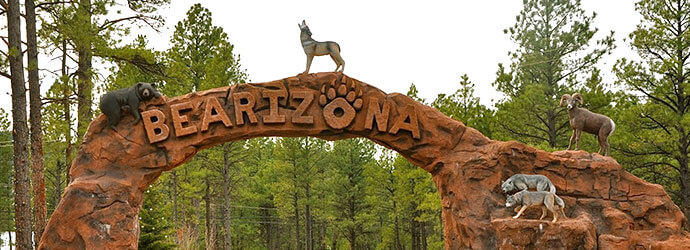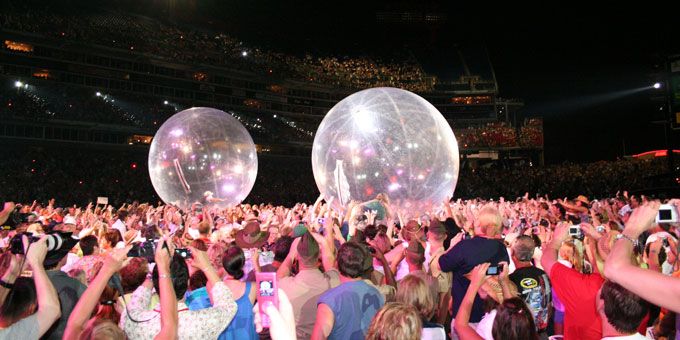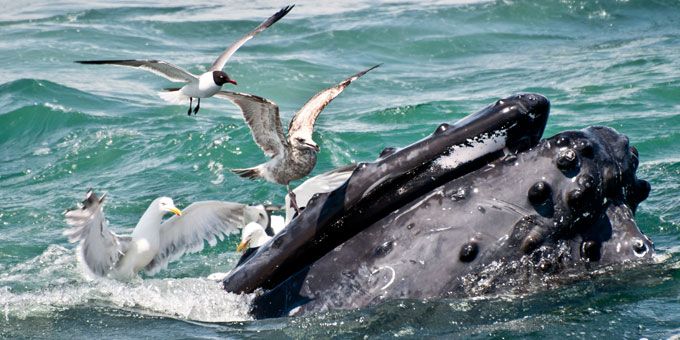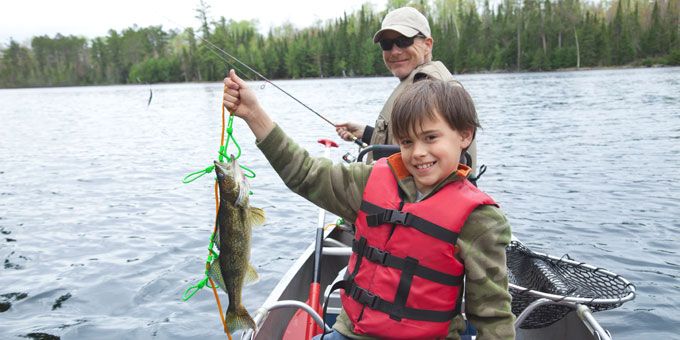Is global warming behind the increased air temperature and humidity, causing glaciers to melt and extreme flooding to ensue? Or are those things just a product of our planet’s naturally fluctuating environment? That right there, is the million dollar question.
Global warming and climate change are real issues, and they affect us more than we even realize. Whether it's the rise in summer temperatures or the slow disappearance of in-between seasons like fall and spring, the phenomenon is changing our world - and some of our most favorite attractions.
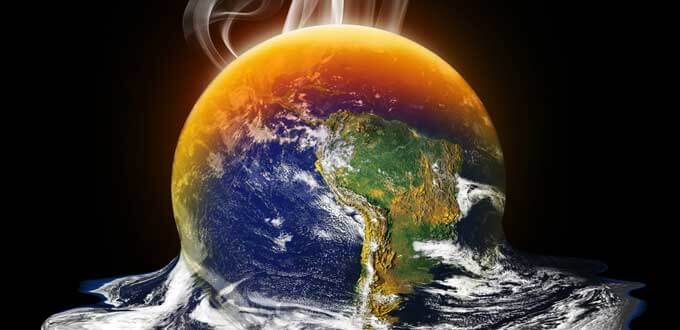
Not to be dramatic, but let’s imagine for a minute, a world with severely receded ice glaciers, a depleted Great Barrier Reef, and once beautiful historical islands buried beneath the ocean’s rising waters. If that’s truly a reality for the future of our planet, it’s a saddening one.
The Intergovernmental Panel on Climate Change published a report last year[1] on the observed climate changes and their causes.
According to the report, "surface temperature is projected to rise over the 21st century under all assessed emission scenarios. It is very likely that heat waves will occur more often and last longer, and that extreme precipitation events will become more intense and frequent in many regions. The ocean will continue to warm and acidify, and global mean sea level to rise."
On the other hand, Forbes contributor Peter Ferrara[2], an expert in public policy and economics, wrote this in a 2012 contributed article[3]:
"Check out the 20th century temperature record, and you will find that its up and down pattern does not follow the industrial revolution’s upward march of atmospheric carbon dioxide (CO2), which is the supposed central culprit for man caused global warming (and has been much, much higher in the past). It follows instead the up and down pattern of naturally caused climate cycles."
Scores of scientists either lean one way or the other. So is the Earth ultimately cooling or warming up? Let’s dig a little deeper.
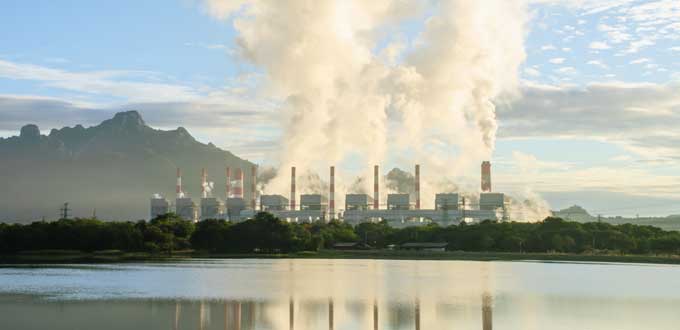
Understanding climate change vs. global warming
We hear the terms "global warming" and "climate change" thrown around a lot. But to actually understand the whole debate, we need to know what each of these mean. Because, contrary to popular belief, they are not interchangeable.
Nasa.gov[4] published an article[5] about the differences between climate change and global warming, noting that the popularization of the term exploded after heavy media coverage of a testimony to Congress on global warming by NASA scientist James E. Hansen.
According to the article, global warming is "the increase in Earth’s average surface temperature due to rising levels of greenhouse gases."
Climate change is "a long-term change in the Earth’s climate or of a region on Earth."
There have been (and continue to be) heated debates on whether or not the Earth’s increase in extreme heat, high sea levels, and heavy precipitation events are a result of climate change or global warming, but regardless of the endless scientific arguments surrounding climate change and global warming, the overall warming and/or cooling of the Earth affects us humans greatly — especially while we’re on vacation.
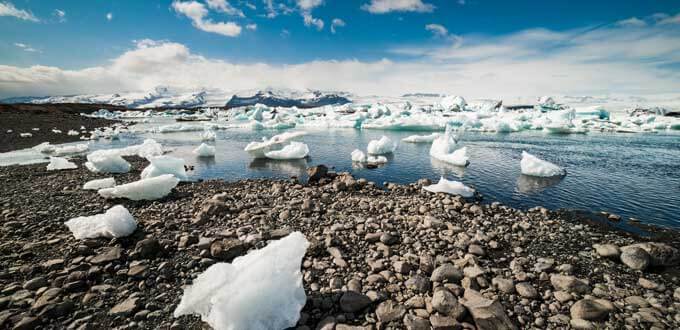
THE GOOD
You may be wondering what good could possibly come from global warming or climate change (if you even believe there is such a thing) but I promise, this will make sense in a second. Keep reading!
Some believe global warming is the culprit for increased precipitation and melting of snow. If that is true, it could also be the reason behind increased water levels in our Great Lakes and oceans.
In December of 2014, USA Today reported[6] that Lakes Huron and Michigan made record recoveries to above average water levels after a period of 15 years during which they were below historic averages. That increase in water levels was great news for local marinas, fishermen, boaters, and travelers hoping to get some time on the water.
For summertime travelers, increased water levels and longer summers can mean more beach time and more opportunity for water recreation. Which in turn, is good for lake and oceanside business owners who profit off of the spending of visitors.
For winter travelers, increased precipitation means more snow and a better turnout for owners of ski lodges and resorts.
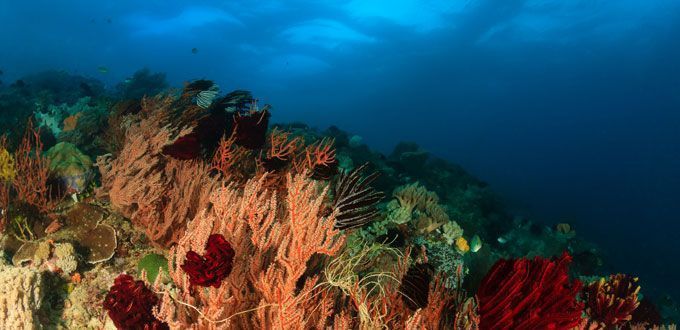
THE BAD
The negative seems to be what people focus on the most: the melting of Glacier National Park[7], the destruction of the Coral Reef, and most recently, the collapse of Mendenhall Ice Caves[8] last July.
A melting of glaciers could have negative consequences such as a decrease in winter sports, the threat of south Florida’s popular cities flooding, or even the destruction of natural wonders, such as the Alaskan tundra.
In March, U.S. News reported climate change being the cause of the decomposition of several historic artifacts, the world’s oldest man-made mummies in Chile.
The mummies, which are estimated to be as old as 5050 B.C., are decomposing quickly, "reducing 7,000-year-old specimens of men, women and children to mere "black ooze" and suggesting countless sculptures, frescoes, manuscripts and other priceless artifacts around the world are also vulnerable to global warming," the article stated.
But the heated argument remains unsolved. Is the Earth actually warming or cooling and are carbon emissions causing these increasingly noticeable changes in our environment?












